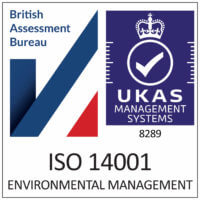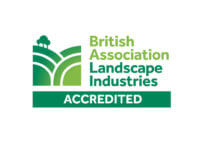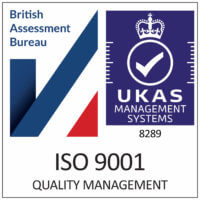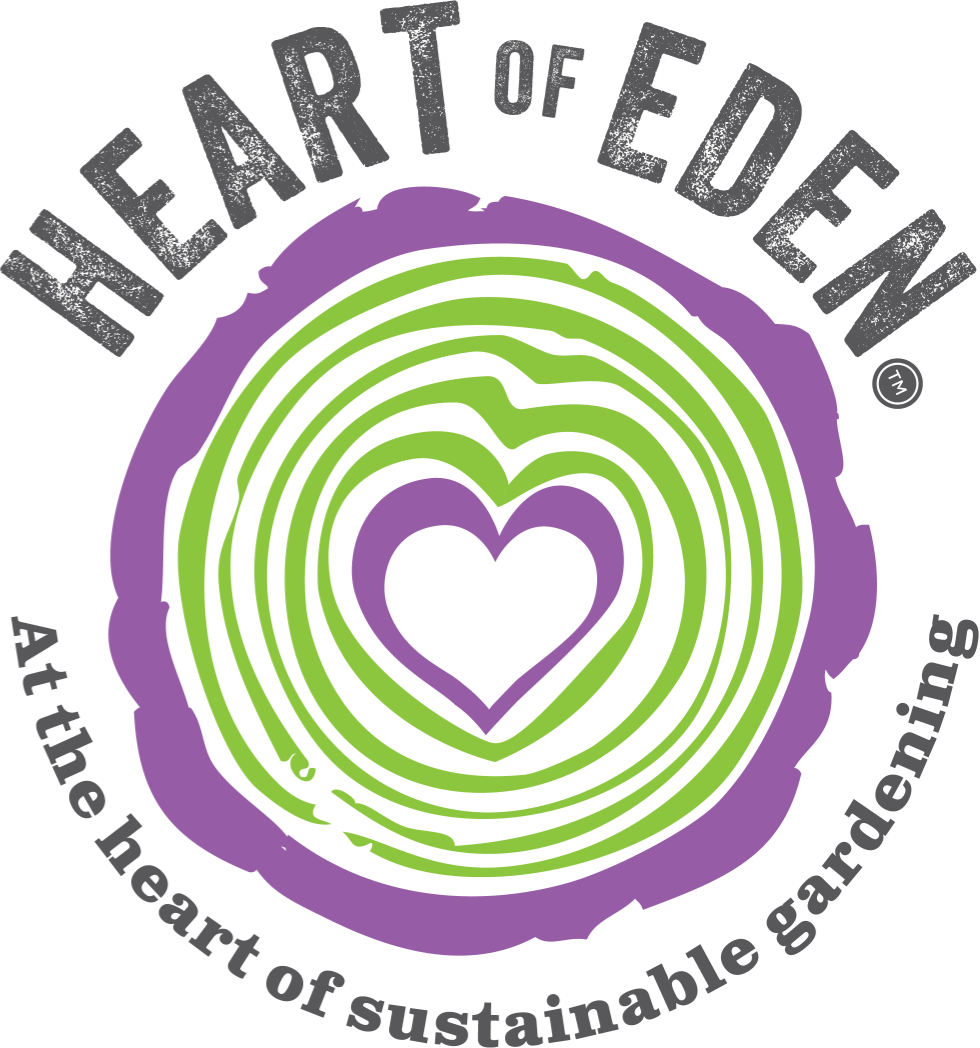Using Peat-Free All-Purpose Compost as Mulch
Oct 14th 2023
If you’re an avid gardener looking for sustainable and eco-friendly alternatives, then using peat-free all-purpose compost as mulch might just be the perfect solution for you. By opting for peat-free compost as your mulch, you not only contribute to the preservation of precious peatlands but also provide your plants with vital nutrients and moisture retention. So, in this article, we’ll explore the benefits and techniques of using peat-free all-purpose compost as a mulch, ensuring your garden thrives while being environmentally conscious.
Benefits of Using Peat-Free All-Purpose Compost as Mulch
Improved Soil Structure
Using peat-free all-purpose compost as mulch can greatly improve the structure of your soil. The compost helps to break up compacted soil, allowing for better water drainage and root penetration. This increased aeration also prevents the soil from becoming too dense, creating a healthy environment for plants to thrive.
Increased Nutrient Content
One of the major benefits of using peat-free compost as mulch is its ability to increase the nutrient content of the soil. As the compost breaks down, it releases valuable nutrients, which are essential for plant growth. This means that your plants will have access to a steady supply of nutrients, promoting healthier and more vibrant growth.
Enhanced Moisture Retention
Mulching with peat-free compost helps to retain moisture in the soil, reducing the need for frequent watering. The compost acts as a protective layer, preventing evaporation and helping to keep the soil moist for longer periods. This is especially beneficial during dry periods or in areas with limited water resources, as it helps to conserve water and maintain optimal soil moisture levels.
Reduced Weed Growth
One of the biggest challenges for gardeners is dealing with unwanted weeds. However, using peat-free compost as mulch can help suppress weed growth. The thick layer of compost blocks sunlight from reaching weed seeds, preventing them from germinating and taking root. This natural form of weed control saves you time and effort in maintaining a weed-free garden.
Prevention of Soil Erosion
Soil erosion can cause significant damage to your garden, washing away valuable topsoil and exposing plant roots. By using peat-free compost as mulch, you create a protective barrier that helps to prevent soil erosion. The compost acts as a buffer, absorbing the impact of heavy rainfall and reducing the runoff, keeping your soil in place and preserving its fertility.
Promotion of Beneficial Soil Microorganisms
Healthy soil is teeming with beneficial microorganisms that play a crucial role in nutrient cycling and plant health. Peat-free compost mulch provides an ideal environment for these microorganisms to thrive. As the compost gradually decomposes, it releases organic matter that serves as a food source for these beneficial microbes. This symbiotic relationship between the compost and soil microorganisms enhances the overall health of your garden ecosystem.
Environmentally Friendly Alternative
Peat extraction for horticultural purposes has a significant environmental impact. Peatlands are important carbon sinks and provide habitat for unique plant and animal species. By choosing peat-free all-purpose compost as mulch, you are making a more environmentally friendly choice. Peat-free compost is made from renewable and sustainable sources, reducing the demand for peat extraction and helping to preserve these delicate ecosystems.
Cost-Effective Option
Using peat-free all-purpose compost as mulch is not only beneficial for the environment, but it can also be a cost-effective option for gardeners. Additionally, the increased nutrient content and improved soil structure provided by the compost can result in healthier plants, reducing the need for costly fertilizers and soil amendments.
Suitability for Various Plants and Gardens
Peat-free all-purpose compost is suitable for a wide range of plants and garden types. Whether you have flowering plants, vegetables, herbs, fruit trees, or even indoor plants, using peat-free compost as mulch can benefit them all. The compost provides the necessary nutrients and moisture retention for healthy growth, regardless of the specific plant species or garden style.
How to Use Peat-Free All-Purpose Compost as Mulch
Preparing the Mulch Area
Before applying peat-free all-purpose compost as mulch, it is important to prepare the area properly. Start by clearing any weeds or debris from the soil surface and ensuring it is level. If necessary, amend the soil with organic matter provide additional nutrients for your plants.
Applying a Layer of Compost
Once the area is prepared, it’s time to apply a layer of peat-free compost as mulch. Spread a thick layer, approximately 2-3 inches deep, evenly over the soil surface. Make sure to cover the entire area around your plants, leaving a small gap around the base of each plant to avoid contact with the stems.
Avoiding Contact with Plant Stems
When applying the compost mulch, it is important to avoid direct contact with the stems of your plants. This can help prevent moisture-related diseases such as stem rot. Leave a small gap between the mulch and the base of each plant, allowing air circulation and preventing excessive moisture buildup.
Maintaining the Mulch Layer
To maximize the benefits of peat-free compost mulch, it is essential to maintain the layer over time. Regularly inspect the mulch for any signs of compaction or depletion, and add more compost as needed. This will ensure consistent moisture retention, weed suppression, and nutrient release throughout the growing season.
Renewing Mulch Periodically
Over time, the peat-free compost mulch will decompose and become incorporated into the soil. To maintain its effectiveness, it is important to renew the mulch layer periodically. Depending on the rate of decomposition, this may be necessary once or twice a year. Simply remove any remaining mulch, top up with fresh compost, and continue to reap the benefits.
Considerations for Different Plant Types
Different plants have varying needs when it comes to mulching. For example, certain plants may prefer a thicker mulch layer to retain more moisture, while others may benefit from a lighter layer to allow for better air circulation. Take into consideration the specific requirements of your plants and adjust the mulch depth accordingly.
Mulching New Plantings
When planting new additions to your garden, it is beneficial to mulch the area immediately after planting. This helps to conserve moisture, suppress weeds, and provide a nutrient boost for the young plants. Apply a layer of peat-free compost mulch around the base of each plant, taking care not to bury the stems.
Mulching Established Plants
For established plants, mulching should be done annually or as needed. Clear away any existing mulch, weeds, or debris before applying a fresh layer of peat-free compost mulch. Take care to maintain a gap around the base of each plant and spread the mulch evenly to provide consistent coverage.
Dealing with Existing Weeds
If you have existing weeds in your garden, it is important to address them before applying peat-free compost mulch. Remove any visible weeds and their roots from the soil surface. Applying a layer of mulch on top of weeds can sometimes act as a barrier, preventing them from receiving sunlight and inhibiting their growth.
Mulch Depth and Coverage
The optimal depth of peat-free compost mulch varies depending on the specific garden and plant requirements. Generally, a layer of 2-3 inches is recommended to provide adequate moisture retention, weed suppression, and nutrient release. However, adjust the depth according to the needs of your garden, considering factors such as rainfall, soil type, and the specific plants being grown.
Potential Challenges and Solutions for Using Peat-Free All-Purpose Compost as Mulch
Adapting to Different Soil Types
Different soil types may require specific adjustments when using peat-free all-purpose compost as mulch. For example, sandy soils may benefit from a thicker mulch layer to improve moisture retention, while clay soils may require additional organic matter to improve drainage. Understanding your soil type and making appropriate soil amendments can help overcome any challenges and optimize the benefits of compost mulch.
Incompatibility with Specific Plant Requirements
While peat-free all-purpose compost is suitable for a wide range of plants, certain plants may have specific requirements that are not met by the compost. Researching the specific needs of your plants and considering alternative mulching materials or amendments can help address any incompatibilities and ensure optimal growth and performance.
Educating and Converting Gardeners
Transitioning from peat-based mulches to peat-free all-purpose compost mulch may require educating and converting gardeners who are accustomed to using peat-based products. Sharing the benefits of peat-free compost mulch, providing information on sustainable alternatives, and encouraging environmentally friendly gardening practices can help spread awareness and inspire others to embrace the change.
Compost Mulching Techniques for Specific Garden Applications
Mulching Flower Beds and Borders
Mulching flower beds and borders with peat-free all-purpose compost helps to retain moisture, suppress weeds, and enhance the beauty of the garden. Apply a layer of compost around the base of flowers, ensuring to avoid contact with the stems. Renew the mulch annually or as needed to maintain its effectiveness and aesthetics.
Mulching Vegetable Gardens
Vegetable gardens benefit greatly from peat-free all-purpose compost mulch. Apply a layer of compost around the base of vegetable plants, taking care not to bury the stems. This helps retain moisture, suppress weeds, and provide a rich source of nutrients for optimal growth and harvest.
Mulching Container Plants
Container plants can also benefit from peat-free compost mulch. Place a layer of compost on top of the potting mix, leaving a small gap around the base of the plant. The mulch helps retain moisture, regulates soil temperature, and provides a slow-release source of nutrients for healthy container gardening.
Mulching Fruit Trees and Shrubs
Mulching fruit trees and shrubs with peat-free all-purpose compost provides numerous benefits. Apply a layer of compost around the base of the trees, extending to the drip line. This helps conserve moisture, suppress weeds, protect the roots from temperature extremes, and enrich the soil with nutrients for optimal fruit production.
Mulching Herb Gardens
Herb gardens can greatly benefit from peat-free all-purpose compost mulch. Apply a thin layer of compost around the base of the herbs, avoiding contact with the stems. The mulch helps retain moisture, regulate soil temperature, and provide a nutrient boost for robust growth and flavor.
Mulching Indoor Plants
Indoor plants can also benefit from a layer of peat-free compost mulch. Place a thin layer on top of the potting mix, ensuring not to cover the base of the plant. The compost mulch helps retain moisture, discourage pests, and provide a slow-release source of nutrients for healthy and thriving indoor plants.
Mulching Native and Wildlife Gardens
Mulching native and wildlife gardens with peat-free all-purpose compost provides a nurturing environment for native plants and beneficial wildlife. Apply a layer of compost around the base of the plants, ensuring not to smother them. The mulch helps conserve moisture, attract beneficial insects, and support a healthy ecosystem.
Mulching Public Spaces and Parks
Public spaces and parks can benefit from the use of peat-free all-purpose compost as mulch. Large-scale mulching helps conserve water, suppress weeds, and enhance the visual appeal of public green spaces. Apply a thick layer of compost, ensuring to avoid direct contact with tree trunks and plant stems.
Mulching Lawns and Turf Areas
Mulching lawns and turf areas with peat-free all-purpose compost can help improve the overall health and appearance of the grass. This technique, known as top dressing, involves spreading a thin layer of compost over the lawn surface. The compost gradually breaks down, enriching the soil and providing nutrients for healthy grass growth.
Mulching Seedlings and Propagation
Peat-free compost mulch can also be used for seedlings and propagation. Apply a thin layer of compost around the base of the seedlings, taking care not to cover the delicate stems. The mulch helps retain moisture, suppress weed growth, and provide a gentle supply of nutrients for young plants.
Complementary Mulching Practices to Enhance Efficiency and Effectiveness
Companion Planting
Companion planting is the practice of growing plants that have mutually beneficial relationships. Pairing certain plants together can help deter pests, attract beneficial insects, and enhance nutrient uptake. By combining the benefits of peat-free all-purpose compost mulch with strategic companion planting, you can create a more efficient and vibrant garden ecosystem.
Strategic Plant Placement
Strategic plant placement involves considering the specific needs and requirements of your plants when deciding where to position them in the garden. By placing plants with similar moisture needs or growth habits together, you can optimize the benefits of mulch and ensure that each plant receives the necessary nutrients, water, and sunlight for healthy growth.
Adding Organic Matter Amendments
Incorporating organic matter amendments into the soil alongside peat-free compost mulch can further enhance the health and fertility of your garden. Organic matter such as Soil Improver can be incorporated during soil preparation or added as a top dressing to provide additional nutrients and improve soil structure.
Mulching with Other Materials
Combining peat-free all-purpose compost mulch with other materials can create a synergistic effect in the garden. For example, using Composted Bark Fines, as a base layer followed by a thin layer of compost can provide aesthetic appeal, moisture retention, and nutrient enrichment. Experimenting with different mulch combinations can help achieve the desired results in your garden.
Integrated Pest Management Techniques
Integrated Pest Management (IPM) focuses on using a combination of preventative measures and targeted control methods to manage pests in the garden. Incorporating IPM techniques alongside peat-free all-purpose compost mulch can help reduce the need for chemical pesticides, create a healthier garden ecosystem, and ensure long-term pest management.
Water Conservation Methods
Water conservation methods, such as installing rain barrels, drip irrigation, or using mulch, can help reduce water usage in the garden. By combining peat-free compost mulch with water conservation practices, you can reduce water evaporation, promote efficient water absorption, and create a more sustainable and water-wise garden.
Implementing Sustainable Gardening Practices
Sustainable gardening practices cover a wide range of techniques and approaches that aim to minimize environmental impact and promote long-term garden health. By implementing sustainable gardening practices, including the use of peat-free all-purpose compost mulch, you can create a garden that is not only beautiful and productive but also in harmony with nature.






